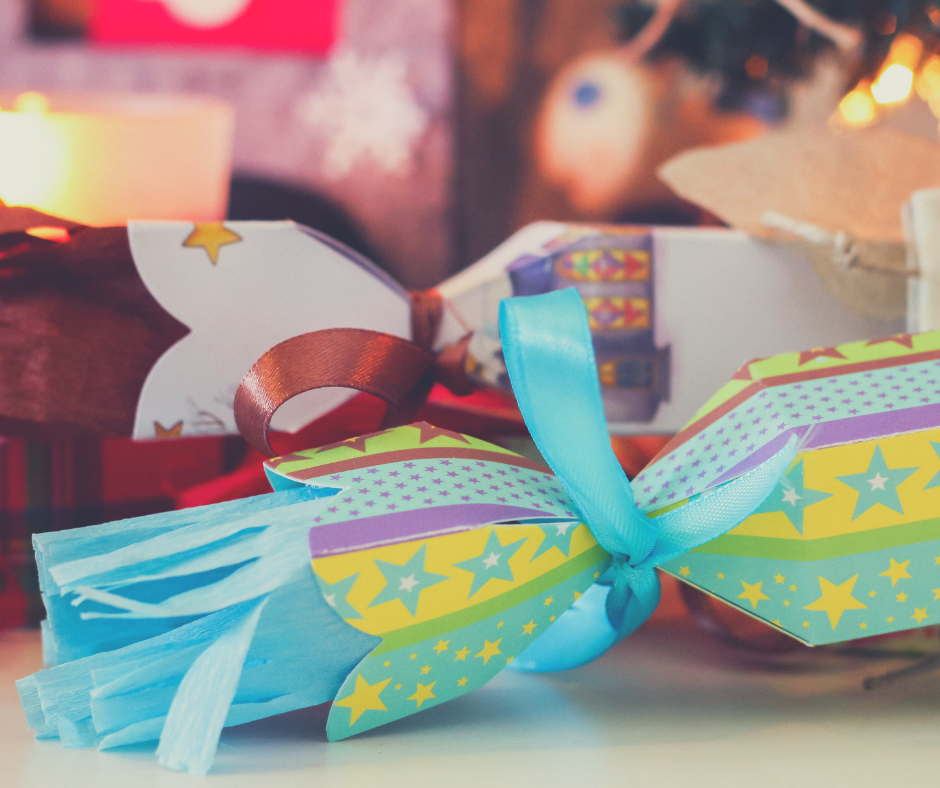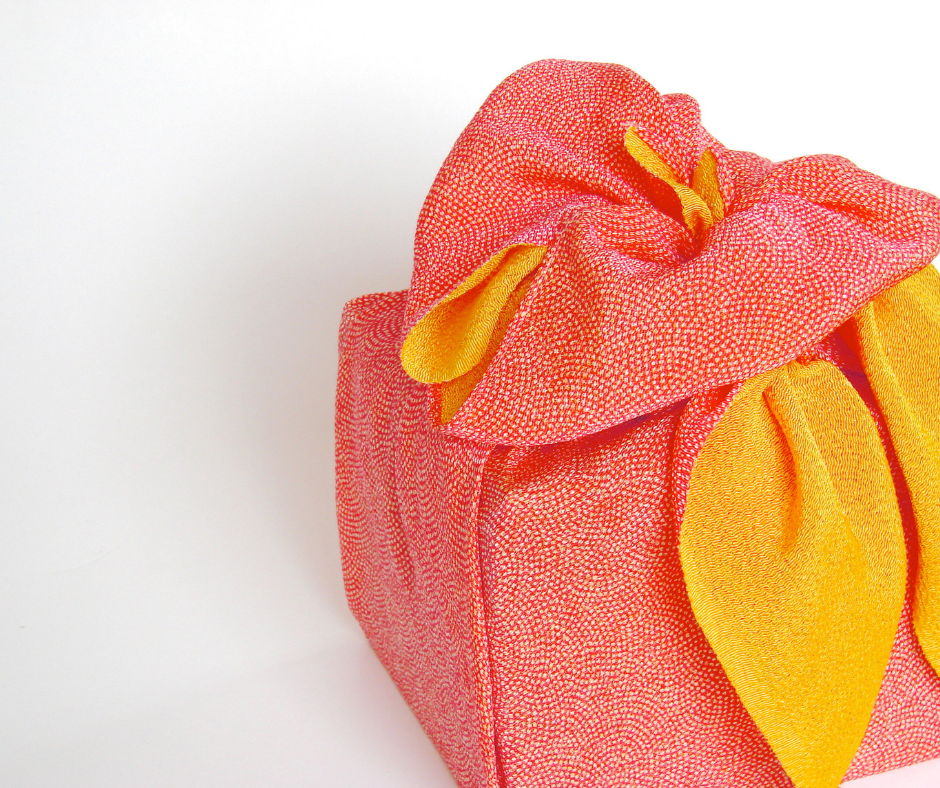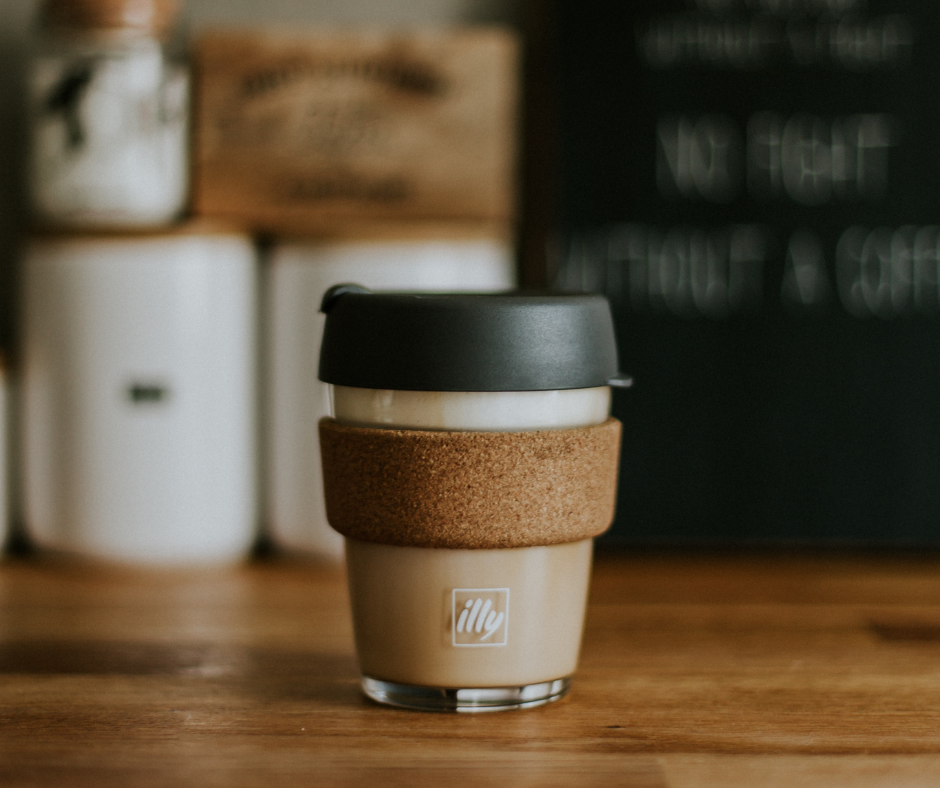How do you have a more sustainable Christmas?
Christmas is often a time when any ideas of being “eco friendly” are thrown out the window as we consume more and more. More food; more single-use items; more junk we don’t need or want. Each year after Christmas the bins are piled high with all sorts of rubbish. Apparently the UK creates 30% more rubbish over the festive season, sending over a billion Christmas cards and using over 80km² of wrapping paper.
This year there seems to be more awareness around sustainable living. There are entire Instagram accounts devoted to the “zero waste” lifestyle and the idea of cutting back our use of plastic seems to have gone mainstream.
Can we have a more sustainable, eco-friendly Christmas?

Adjust your spending habits this Christmas.
I think the main thing we can all do at this time of year is adjust our attitudes and spending habits. Do we really need to have all this disposable stuff? Can we choose a different option that requires less waste?
Things like joke presents are funny in the moment – but what will the recipient do with their hilarious prank once the laughter dies down? We often buy these things because they’ll be amusing, but try to think more long-term with your gift giving. If you can’t imagine your friend proudly displaying their “world’s loudest farter” medal on the mantelpiece, maybe buy them a candle or a bar of chocolate instead.
Avoid waste at Christmas by making a list and sticking to it.
It’s really easy to lose track of what you’re buying and end up with twenty boxes of biscuits and four Christmas hams. Keep a list of Christmas presents and food, and stick to it. This should help you to avoid buying extra things you don’t need which could end up being wasted.
Pay attention to packaging this Christmas.
Packaging can be a nightmare at the best of times, but at Christmas brands seem to up the ante with extra layers of cardboard, plastic and anything else they can think of.
It’s worth bearing in mind that consumer TV shows often point out that when you buy a special Christmas gift set, the items it contains can often be bought individually for a lower price. I saw something recently where a high-end Christmas hamper had a 52% mark-up just because the products were arranged in a nice basket with added packaging.
It’s fairly easy to buy nice gifts without excessive packaging, even at Christmas. Also the only way to show companies that we prefer items with less packaging is to vote with our feet and not buy their over-packaged, over-priced “gift sets.”
Use a greener alternative to wrapping paper this Christmas.
We use wrapping paper like there’s no tomorrow at this time of year, and most of the time it ends up in landfill within a week. We can tell ourselves it’s ok because we put it in the recycling bin, but isn’t it better to just not use it in the first place? It still uses up energy and resources to recycle paper.
Wrapping gifts in reusable cloth is a good alternative because you are passing on your eco-friendly habits to new people who might just decide to jump on the bandwagon.

If you don’t like the idea of using cloth to wrap gifts, why not have a rummage through your recycling bin and use old pages of newspapers or magazines? These can look really beautiful under the tree together – and again, you can pass on your habits to the people receiving your gifts.
Reconsider your Christmas tree.
Lots of people prefer a real Christmas tree, but what happens to them in January? The majority end up in landfill. Some of us might send a tree to be recycled and think we’re doing well, but that’s still thousands of trees killed every Christmas, just so that we can have them standing in the corner of a room looking pretty for a couple of weeks.
If you have a plastic tree, I would suggest you keep using it for as long as possible. The one thing we all know about plastic is that it lasts forever – so your plastic tree will not decompose in your lifetime. Keep using it rather than send it to landfill.
If you don’t have a plastic tree, don’t buy one. Why not look into options for an eco friendly alternative to a Christmas tree? There are some great examples of eco friendly Christmas trees on Instagram, or you could come up with your own idea. This is a great way to get children involved in being more aware of the environment and thinking of alternatives.
Don’t buy tinsel this Christmas.
Tinsel is made from plastic, and I don’t need to tell you how easily it can become tiny little slithers of plastic all over the floor. They soon become slithers of plastic in your vaccum cleaner, and then slithers of plastic in landfill. And then the wind blows, and those little slithers of plastic are blown out to sea, where they end up inside the belly of a creature whose natural diet is most certainly not supposed to be tinsel.
Make calls instead of cards this Christmas.
Christmas cards are one of the worst offenders when it comes to waste at Christmas. We write and send hundreds of thousands of them each year but what happens next? In our house, we struggle to find places to display them all, and spend large amount of time standing them back up every time they fall down. And then in January, they go into the recycling.
This year, I’ve decided to make phone calls and send emails instead of writing out cards. We do still have some cards left over from last Christmas which I might send out to relatives – but for the most part, I’ll find another way to wish people a merry Christmas.
There are plenty of websites these days offering e-cards in place of an actual card, or you could commit to visiting people in person instead.
Give eco friendly gifts this Christmas.

I like to spread the eco love by giving people useful, eco friendly Christmas presents. Bamboo toothbrushes make a great stocking filler, as do reusable coffee cups and other clever, reusable items.
I think the easiest way to have a more environmentally friendly Christmas is to make small changes – and just be mindful of what we are doing. It’s easy to get carried away with the excesses of the season and end up buying all sorts of things we neither want nor need. If we can be a little more mindful about our actions we can begin to make big changes.

0 Comments